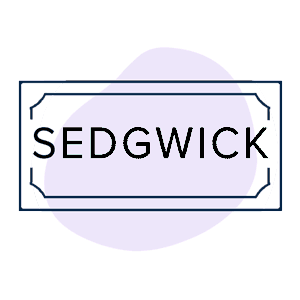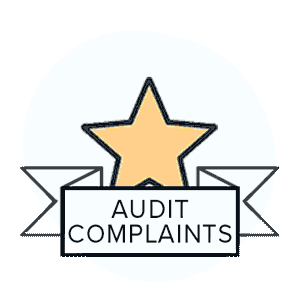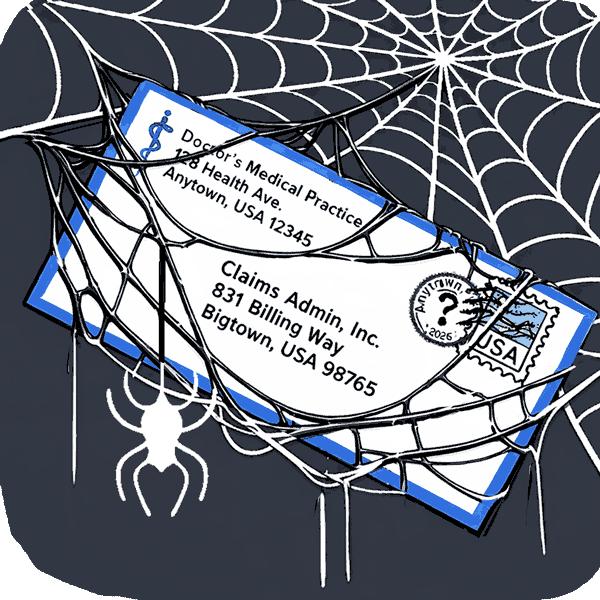NY: Data Dimensions Announces Golub Corp Will Not Send e-EORs

e-Billing for workers’ comp services is just gaining momentum in New York State. But already, certain claims administrators are out of compliance with Workers’ Compensation Board (WCB) requirements.
Clearinghouse Data Dimensions recently announced Golub Corporation, the New-York based parent company of Price Chopper, Market 32, and Market Bistro food chains, as a new client. While festive in tone, Data Dimensions’ message includes a sobering detail: Golub will not return X12 835 electronic Explanations of Review (e-EORs) to e-billing providers.
As we often remind readers, failing to send proper e-EORs to providers utterly defeats the purpose of e-billing. The New York WCB must make it clear to all payers that e-EORs are mandatory, not optional.
Data Dimensions’ (Noncompliant) Golub Connection
In the email below, Data Dimensions welcomes Golub, and shares the new Payer ID necessary for providers to transmit e-bills for injured workers covered by Golub. Seems like good news, but there’s one glaring problem: Data Dimensions notes that there will be no “835.” X12 835 files are the nationwide industry standard format for e-EORs, and are compatible with providers’ e-billing software.
For providers, X12 835s eliminate the administrative burden of posting payment information from paper EORs, since e-billing software can automatically post the reimbursement amounts reported in the e-EOR to the appropriate bill. In other words, the X12 835 file automatically closes the loop on the e-bill transaction.
In the absence of 835s, e-billing is essentially one-way, with only providers holding up their end of the electronic transaction.
NY WCB Requires Golub to Send e-EORs To Providers
The WCB website’s CMS-1500 FAQ page states in no uncertain terms:
“Payers are required to submit EOBs/EORs electronically to their XML submission partners upon adjudication of the associated electronic CMS-1500.” [emphasis added]
Sending 835s (aka electronic EORs or e-EORs) to providers is mandatory in New York State. Yet, Data Dimensions and Golub cheerfully announce they’re treating this e-EOR requirement as optional.
Golub and Data Dimensions benefit from the convenience of providers submitting bills electronically (rather than by mail). Meanwhile, the duo deprives providers of the benefits of e-billing, by refusing to return e-EORs in response to providers’ e-bills. Instead, this clearinghouse and employer thumb their collective nose at providers currently wrestling with the administrative hassle of posting from paper EORs.
Cheers, indeed. If New York State is serious about making workers’ comp more efficient, the WCB should step in to protect providers who adopt e-billing.
Protect your practice revenue. Harness the power of daisyBill software, data, and expertise for faster, better workers’ comp billing.
GET IN TOUCH
DaisyBill provides content as an insightful service to its readers and clients. It does not offer legal advice and cannot guarantee the accuracy or suitability of its content for a particular purpose.







